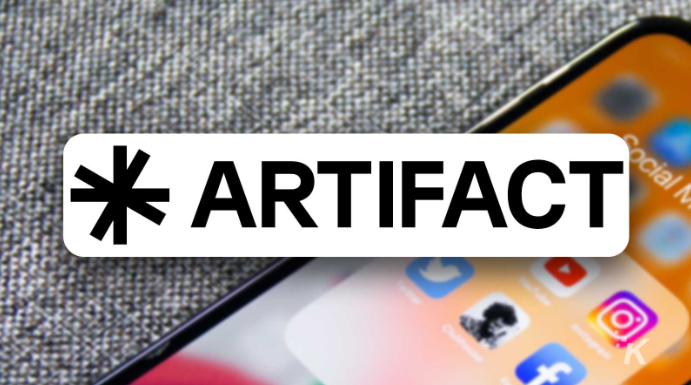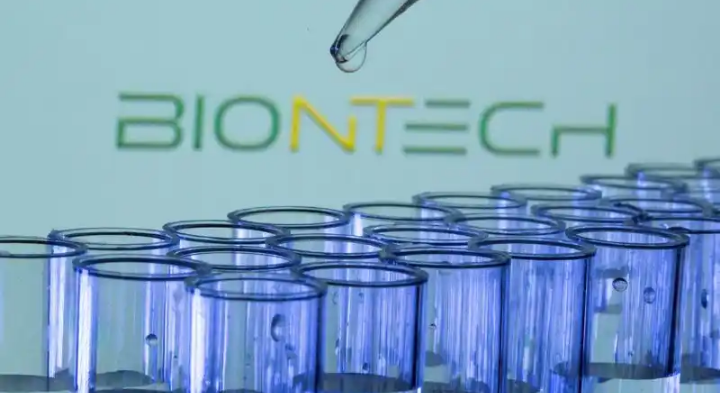AV-Test Institute, an impartial IT security company, estimates that there will be over 1.2 billion malware pieces online in 2023. The organization discovers 450,000 new viruses and possibly dangerous apps daily. Scammers and hackers use such apps to steal funds and personal information or use your online identity. These virus prevention tips can prevent you from being a victim
By studying this OctaFX guide’s information about malware and how to avoid it, you can safeguard yourself.
Read also: Cybercrime Ravages Cryptocurrencies
Types of malware
There are more than a billion different varieties of malware on the internet, but there are a few that everyone should be aware of. These consist of:
Ransomware
The access to your computer or the data saved on it is blocked by this kind of virus until a ransom is paid. In most cases, the data is encrypted, so any attempts to get around the blockage could result in the complete loss of the data. However, there is no assurance that once the ransom is paid, the hackers will unlock the data or that you will get the right decryption key.
Spyware
Without the consumers’ knowledge or consent, this spyware gathers user data. Keystroke logging is a common method used by spyware programs to attempt to obtain login credentials and payment information.
Adware
This program resembles spyware in certain ways. It collects data on your web activity, interests, friends, and the places you live or travels to, but it has no intention of stealing your credentials. It then sells this “profile” to advertisers. Adware occasionally downloads or shows you ads without your knowledge.
Trojan
Trojans are often disguised as pirated games, apps, programs, and services. A Trojan takes over the system and damages or steals data.
Worm
This harmful application will exploit program and operating system vulnerabilities to infiltrate networks. It will steal critical data, execute DDoS and ransomware operations, and duplicate itself on other network systems.
Virus
Viruses can steal personal data and conduct cyberattacks like worms. A virus cannot operate or infect other computers on the network unless the host program is running.
Malware/virus prevention tips for 2023
You shouldn’t install any of the above malicious apps. Besides stealing your data and hurting your device, malware may infect other machines on the network. If it’s the work network, it might cause a massive data leak, harming your organization and clients. OctaFX offers five online security guidelines to avoid malware:
Implement antiviral software
Your computer’s chance of downloading and operating malware will be significantly decreased by installing antivirus software. Check everything you download from untrusted sources, including USB drives, for viruses.
Use only legal apps and software
These free files could include unwelcome extras like viruses and Trojans that can seriously damage your computer and steal your personal information.
Avoid suspicious emails
Avoid downloading and opening files from unfamiliar email addresses. Even though the file names seem harmless, email attachments may contain viruses.
Update your software as needed
They typically have significant security updates that make it more difficult for malware to take advantage of their flaws.
Make a data backup
This makes it possible to recover your data even if a malicious program blocks your computer and encrypts it.
Every day, cybercriminals create thousands of new malware programs. While the aforementioned recommendations may not provide perfect protection against malware, they will considerably minimize your chances of becoming infected in the first place.











